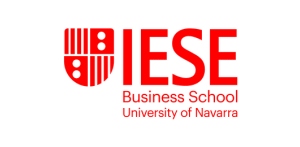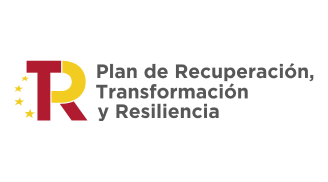Postgraduate Microcredential in Artificial Intelligence applied to Transportation and Logistics
- Artificial intelligence
- Smart connectivity
- Tuesday, 06 May 2025 - Tuesday, 11 November 2025 Tuesdays, from 6:00 p.m. to 9:00 p.m. and Fridays, from 4:00 p.m. to 8:00 p.m.
- 500€ (Financed by the Ministry of Transport and Sustainable Mobility within the framework of the Next Generation EU Recovery Plan. Check all the offer!)
Today, artificial intelligence is key to the modernization and improvement of transportation and logistics. Moreover, the integrated combination of robotics, IoT, AI, data science, data engineering, cloud technologies and high-performance processing shapes a complex scenario of digital transformation that must solve the challenges posed by globalization in the logistics sector.
From demand prediction to multichannel and last mile transportation problems, all the issues linked to the supply chain, intelligent warehouse management, intelligent inspection of goods, are some of the challenges in which artificial intelligence can bring substantial improvements and great benefits to the field of logistics.
This study is part of the training actions funded by the Ministry of Transport and Sustainable Mobility, in the framework of the Recovery, Transformation and Resilience Plan, financed by the European Union – Next Generation EU. This grant aims to carry out training courses for digital empowerment and sustainability in the field of transport and mobility.
Participants in this study must be citizens of a Member State of the European Union or of another State party to the Agreement on the European Economic Area and Switzerland, or have authorization to stay or reside in Spanish territory.
For more information on EU policy priorities, please visit the following link: EU Policy Priorities.
Objectiu de l'acte
- Introduce the main concepts of artificial intelligence and its applications in the field of logistics.
- Understand the concepts of digital transformation, logistics, Industry 4.0, supply chain, artificial intelligence, data science, intelligent decision support systems, and automation, and learn to integrate them within the broader context of digital transformation in logistics.
- Differentiate between the concepts of data science, artificial intelligence, machine learning, and big data, and understand the main methods of machine learning.
- Learn to apply these key methods in major areas of logistics (transportation, mobility, critical infrastructures, supply chain, industrial symbiosis, etc.).
- Acquire tools to apply the perspective of the SDGs and the 2030 Agenda (ethics, digital divide, and sustainability) to AI applications in logistics.
T'interessa si ets...
University graduates in the scientific-technical field, Individuals who have completed the scientific-technical baccalaureate, Individuals with a Higher Vocational Training Certificate (from technological fields) and professional experience and Professionals in transportation, logistics, infrastructure, and other sectors.
-
Participants in subsidized training activities must be citizens of a European Union Member State, a State party to the Agreement on the European Economic Area, or Switzerland, or have authorization to stay or reside in Spanish territory. Knowledge of programming (R, Python, C, or similar) is required for better course outcomes. Students must bring a laptop to the sessions.

















